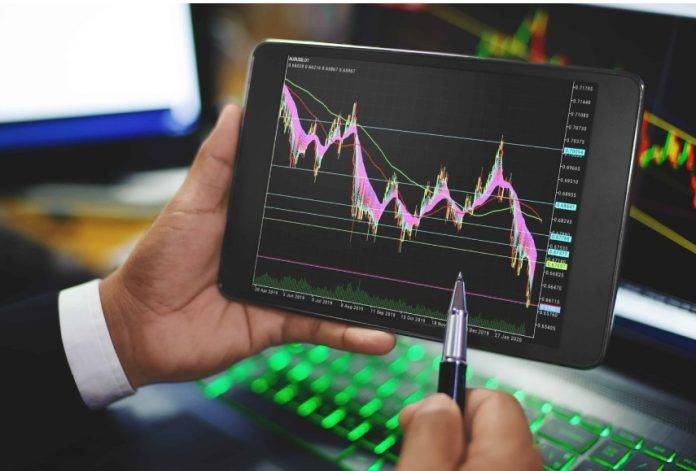The world of trading is one of the most complicated for beginners, which makes it necessary to know basic concepts; for example, it is necessary to know that in order to trade, the first thing to do is to choose a trading platform, that is, a computer program that with an Internet connection offers the possibility of entering buy and sell operations through real-time access to data from the financial markets.
But how to learn to trade on them? There are trading platforms that have simulators, this support tool, which includes among its advantages the possibility of not risking money, know how the market behaves, and choose the most effective trading strategies.
You can use simulators, this tool allows you to operate in the market in a real way without using your own money. You can access the financial markets and simulate trading, which is done with fictitious money provided by the platform. Doing these risk-free trades has the advantage of keeping you motivated to keep practicing.
It also helps to really understand how the market behaves, beyond theory and to face real situations. Many simulators are able to accurately represent how asset prices move, which makes it easier to analyze precisely how different variables influence financial markets.
Another point in their favor is the possibility of testing different trading strategies before trading in the market, exploring all the variants of success. And another advantage is the ability to learn from mistakes and successes, from being able to find a way to replicate what has been well done and to repeat mistakes.
It is also interesting how some simulators allow trading on days that have already passed; that is to say, you can go back in time and simulate a trade of previous days, which facilitates specific strategy checks that bore the stamp of effectiveness when trading. And another detail related to the market is the preparation they provide for the real one, since feeling the emotions and tensions enriches the mentality to assume the attitude of a professional trader.
These attitudes, which have to do with the psychology of trading, are the mental aspects that affect the state of mind when operating in the financial markets. It is essential to identify which ones arise throughout the practices, in order to check how they influence the application of the different strategies.
Learning from these experiences will help to consider what type of market to trade and which financial asset to trade, analyses that will facilitate the decision to choose the platform that suits your particular needs.
And if you are wondering what are the best trading platforms to practice with, we can tell you that there are dozens of them. Some of them are NinjaTrader, Thinkorswim, Quantower, Trading View, Tradovate, among others. These platforms provide charts to analyze markets, open source options to develop applications, simulation and backtesting, and functions to automate operations. They also provide customization options to adapt the analysis tools to your trading style.
They also provide technical studies such as support, resistance, volume indicators, high precision backtesting option and automatic execution of trades; they have options for repetition of market activity, personalized attention by chat and telephone and tools for futures trading and data backup in the cloud.
Taking a professional attitude is among the main tips provided by experts when using these simulators, which prepare you better for the real market. Here the key to success will be practice for at least three months on a simulator, the minimum time they consider optimal for someone to begin to familiarize themselves with the operation of financial markets.
Developing a trading plan will also allow you to create a methodology when trading in the markets and will serve to record your results in detail. This tool will always be useful when you want to test some important change in the strategy; it will be a way to check its possible effectiveness without any risk.























